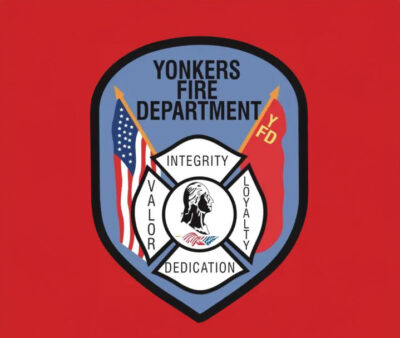A Westchester Supreme Court judge has dismissed a 2017 lawsuit where two Yonkers landlords claimed that the fire department was using inspection fees for work other than a fire and building safety inspection program.
Justice William J. Giacomo granted summary judgement to the city on Sept. 18, ruling that WMC Realty Corp and T.A.C. Realty Corp. had failed to establish that the inspection fees amounted to an unconstitutional tax.

“Program fees imposed by the City of Yonkers are reasonably necessary to the accomplishment of the program and are not used to defray the general cost of the Yonkers Fire Department,” Giacomo ruled.
Landlords that own properties with more than two apartments must pay annual inspection fees ranging from $250 to $1,250. And the fire department is supposed to inspect the properties once every three years to ensure compliance with fire and building codes.
WMC and T.A.C., owned by Felix Cristafaro and his family, claimed that three buildings on McClean Avenue had never been inspected, despite paying the inspection fees. Instead, the city was allegedly using the inspection fees for general fire department expenses.
The landlords argued that the funds were used for the benefit of the general public, and not on the specific inspection program, and were therefore unconstitutional taxes.
The fire department contended that it had visited the properties five times. It characterized Cristafaro as an absentee landlord who, by his own testimony, confirmed that his tenants would not normally tell him about inspections.
The fire department said it had collected $2.5 million in apartment inspection fees in 2021, but spent $5.8 million on the program.
Even if more money was collected than spent, the city argued, the fees cannot be considered a tax because they were used for a broad range of inspections: checking hydrants, inspecting vacant buildings, getting familiarized with buildings and life safety issues, and more.
Giacomo noted that local governments may charge fees to defray the costs of administration and enforcement, but not to generate revenue or offset costs of other government functions. Only legislative bodies have the power to impose taxes on citizens to defray general governmental costs unrelated to a particular benefit.
In this case, the fees were used for a comprehensive safety compliance program and offset the costs of administering and enforcing the program.
The landlords “only speculate” that the program fees are used for general fire department expenses, Giacomo found, and “failed to prove beyond a reasonable doubt that there were missed inspections.”





















